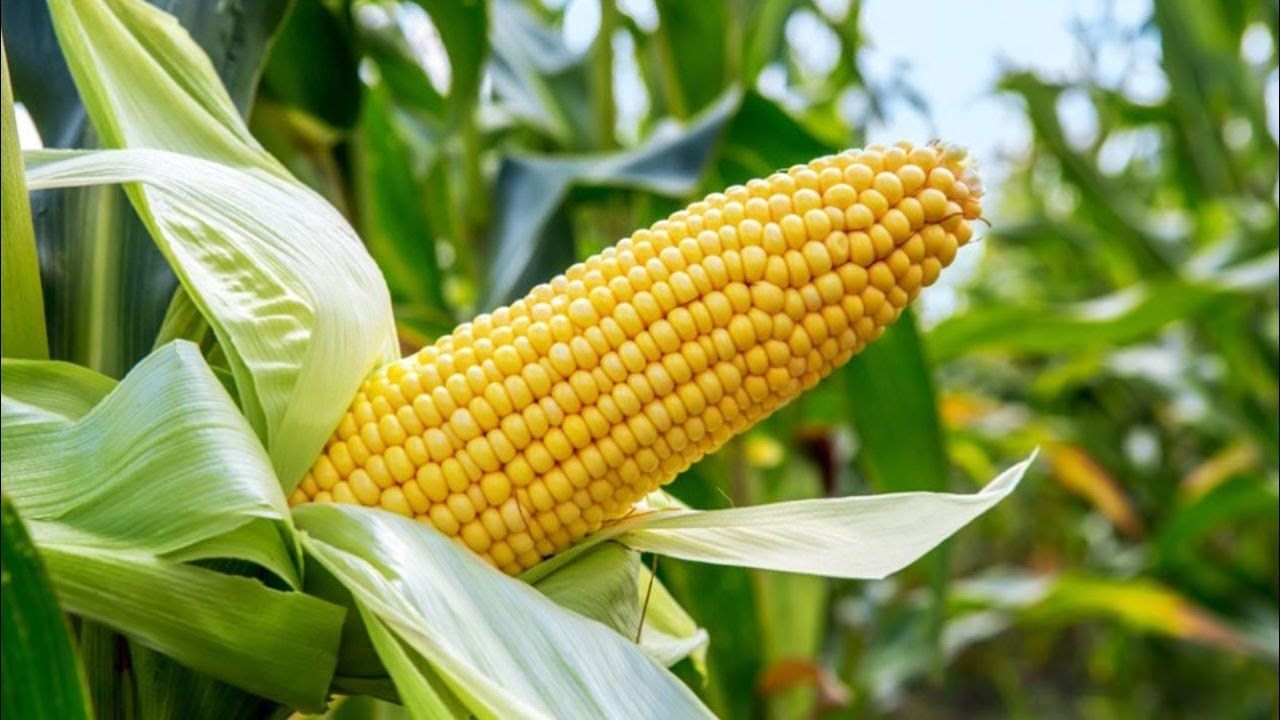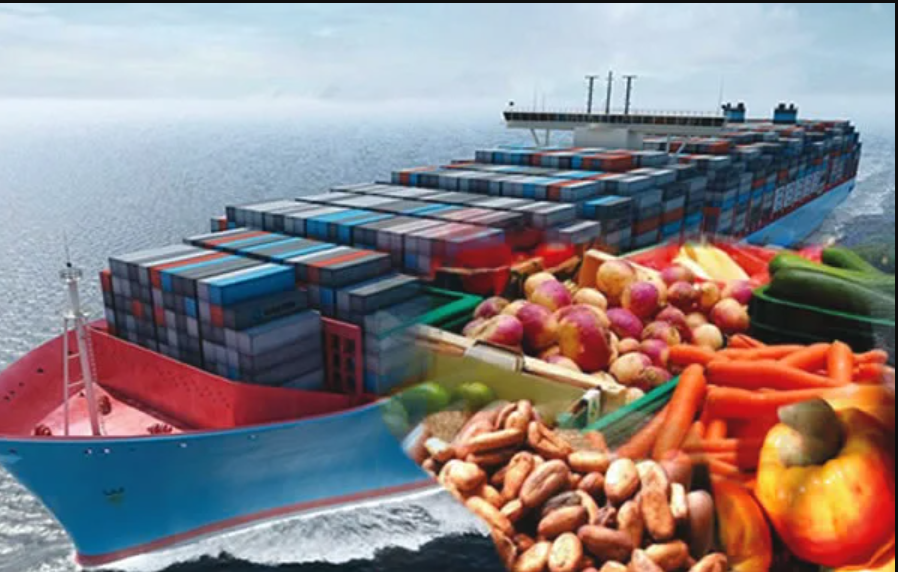Why price of maize keeps rising

Qualigap Editor
Apr 03, 2025
Though in season, the price of maize has risen steeply, and like other agro produce, it’s gradually going beyond the reach of the common man.
Unlike this time of last year when a cob of maize either fresh, roasted, or boiled was sold for as low as N50, a cob currently goes for at least N100.00. Six cobs of maize sold at the rate of N200.00 last year is currently sold for N400.00 in local markets.
A 100kg bag of maize initially sold for between N15, 000 to N17, 000 at the farm gate has risen to around N30, 000.
The development is no doubt threatening the already distressed maize industry. According to stakeholders and industry analysts, the market is currently under pressure as the price of the produce had hit the roof in recent times.
As of Thursday, The Guardian confirmed that the price of a tonnage has increased between 25 per cent to 40 per cent compared to last year. It was revealed that a ton of maize sold for N180, 000 last year is currently selling for between N270, 000 to N280, 000.
This has inadvertently led to the price increase in feeds, flour, and all the derivatives from maize. The poultry industry seems to be hard hit as many farms and hatcheries have been forced to go underground. Those still operating, according to reports are either struggling to remain in business at zero profit or incurring huge debts to stay afloat. The recent increase in the price of bread is also associated with this development as the cost of flour, one of the raw materials for bread has increased exponentially due to the high cost of maize.
The activities of the middlemen seemed to have been responsible for the increase, as they have been accused of taking advantage of the supply gap to hike the price of the commodity, though the Federal Government has taken moves to checkmate their activities by releasing the commodity from the Strategic Maize Reserve (SMR) to stem artificial scarcity, stakeholders say the intervention has done little to tackle the challenges facing the market.
For the third time this year, the Central Bank of Nigeria (CBN) released metric tonnes of maize to identified major producers in the country. Speaking during the recent release three weeks ago, the CBN spokesman, Mr. Osita Nwanisobi, said the intervention would crash the price of maize, reduce pressure on the market, and make the product directly available to feed producers, thereby reducing the price of poultry feed.
But based on current reality, industry players are raising alarm that the industry might face more challenges in months to come as the rising cost of the commodity due to its shortfall might spell doom for the already distressed industry.
While noting that the CBN intervention is a short-term solution, they claimed that several factors –yield reduction; effect of COVID-19; climate change; armyworm invasion; herders’ attacks are compounding the situation.
Country Manager of Harvest Plus-Nigeria, Paul Ilona, told The Guardian that the problem facing the maize market is multi-faceted. According to him, the factors responsible for maize price hike include- the problem of fall armyworm; insecurity; climate change, and others.
Ilona said there is no doubt that the fall armyworm infestation will continue to have its effect on maize. According to him, a report from farmers this year has shown some moderately high infestation by armyworm. “But the good thing is that there has been a lot more of awareness and so people seem to have understood the need to use prerequisite insecticide to control it.
“The problem resides in the small-scale farmers but the commercial farmers tend to use insecticide, but smallholder farmers have financial challenges of getting it.”
He said to a very large extent, there should be some effect of the fall armyworm infestation on the price of the commodity in months to come.
Continuing, Ilona said: “Aside from the effect of the fall armyworm, the invasion of farms by the herders has discouraged many farmers and it’s practically very difficult to convince them to go back to farm. Nobody is ready to invest N1m or N2m and reap nothing and one year after you expect him to go back to the field. Unless we address the insecurity problem, farmers will not be willing to go back to farm.
“The main challenge is getting the research institutions to quickly come up with fall armyworm resistant variety, it may take a while yet government must be able to do that, otherwise we’ll be at the mercy of the multi-nationals who are producing these insecticides. Climate change is another problem. This manifested in the Southwest, places like Iganna in Oyo State and others are suffering from rain shortages this year. These are actually causing a hike in the price of the commodity.”
He advised the Federal Government to put all the challenges in perspective, noting that unless the issues are addressed, “we’ll begin to import again. The poultry farmers are suffering. The sector is generating trillions of naira investment, why should we let it die due to feeding challenges. There should be right direction at the government level and right direction at the stakeholders level to solve this problem.”
The National President of Maize Growers and Processors Association of Nigeria (MAGPAMAN), Dr. Edwin Oche said: Today, we shouldn’t have been discussing this if not for the challenges encountered during the COVID-19 pandemic.
“If not for the advent of COVID-19 that affected food chains and production, as well as agriculture as a whole both locally and internationally, we will not be talking about the price increase in maize per bag. We will not be talking about the increase in feeds, flour, and all the derivatives from maize and others.
“It’s a global issue and as an association, we are dealing with it and strategically looking at the ways to ameliorate the problem by engaging the Federal Government and CBN and other partners to ensure we come out of it.”
He said local farmers had the capacity to grow enough maize to support both industrial use and local consumption.
Share:

Qualigap Editor
Hardworking and resilient dedicated to helping the world grow in Agricultural development

